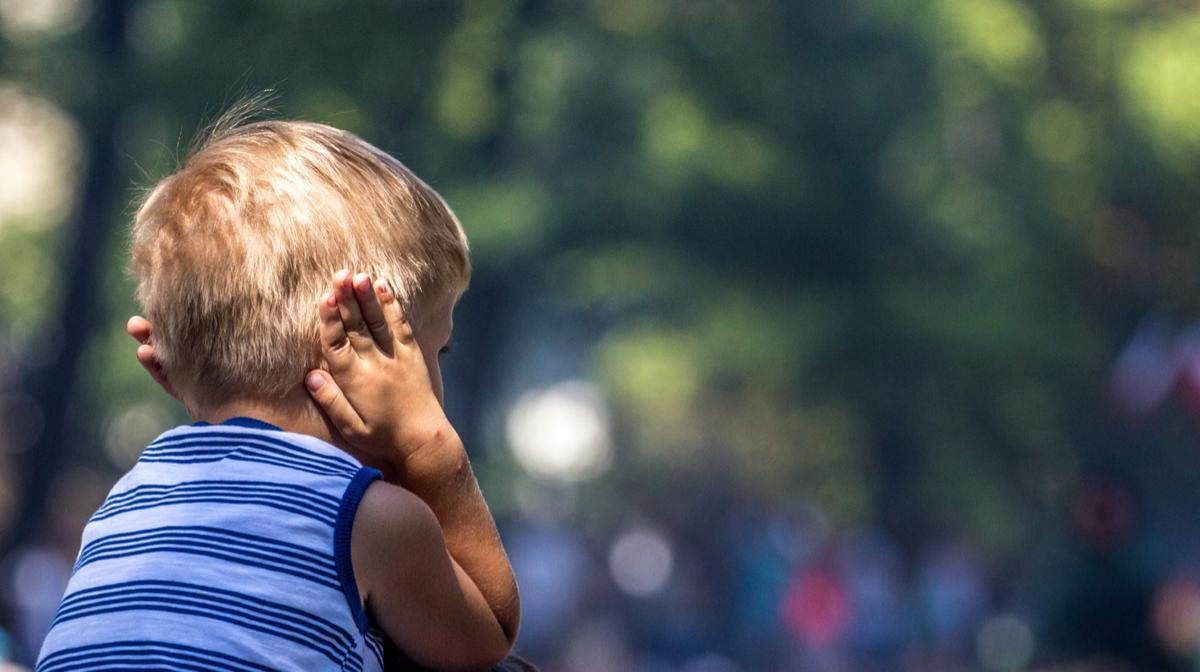
Anxiety is a normal and common feeling experienced by both adults and children. However, when it becomes excessive and starts to interfere with daily activities, it may indicate a more serious condition, such as an anxiety disorder. As a parent or caregiver, it can be challenging to know how to help a child deal with anxiety, but there are many strategies you can use to support them.
Encourage open communication
One of the most important things you can do to help a child with anxiety is to encourage open communication. This means being an active listener, allowing your child to express their feelings and thoughts, and responding with empathy and understanding. When a child feels heard and understood, it can reduce their anxiety and make them feel more secure.
Identify triggers
It can be helpful to identify the triggers that cause your child's anxiety. This may include specific events, situations, or people. Once you have identified these triggers, you can work together to develop a plan to manage them. For example, if your child is anxious about going to school, you could talk to the teacher, create a visualization exercise to help them feel more relaxed, or develop a coping mechanism they can use when they feel anxious.
Teach coping skills
Teaching your child coping skills is one of the most effective ways to help them manage their anxiety. This can include deep breathing exercises, progressive muscle relaxation, visualization, or positive self-talk. Encourage your child to use these skills whenever they feel anxious and reinforce the idea that it's okay to ask for help when they need it.
Practice mindfulness
Mindfulness is the practice of being present in the moment and focusing on your thoughts and feelings without judgment. This can be a powerful tool for reducing anxiety in children. You can encourage your child to try mindfulness exercises, such as guided meditations or yoga, to help them feel more relaxed and calm.
Promote physical activity
Physical activity is a great way to reduce anxiety in children. Encourage your child to engage in physical activity regularly, whether it's through sports, dance, or simply playing outside. Exercise has been shown to release endorphins, which can help reduce anxiety and improve mood.
Establish a routine
Having a routine can provide a sense of stability and security for children, which can help reduce anxiety. Encourage your child to have a regular sleep schedule, eat healthy meals, and engage in activities they enjoy. You can also create a consistent routine for tasks, such as homework or chores, to help your child feel more in control and less overwhelmed.
Limit screen time
Too much screen time can contribute to anxiety in children. Encourage your child to limit their screen time and engage in other activities, such as reading, playing with friends, or engaging in physical activity. You can also set rules for screen time, such as no screens an hour before bedtime, to help your child feel more relaxed and reduce anxiety.
Seek professional help
If your child's anxiety is interfering with their daily life, it may be necessary to seek professional help. A mental health professional, such as a psychologist or therapist, can provide support and guidance to help your child manage their anxiety. They may also recommend therapy or medication if necessary.
Helping a child deal with anxiety can be challenging, but there are many strategies you can use to support them. Encourage open communication, identify triggers, teach coping skills, promote physical activity, establish a routine, limit screen time, and seek professional help if necessary. By working together, you can help your child manage their anxiety and lead a happy and fulfilling life.